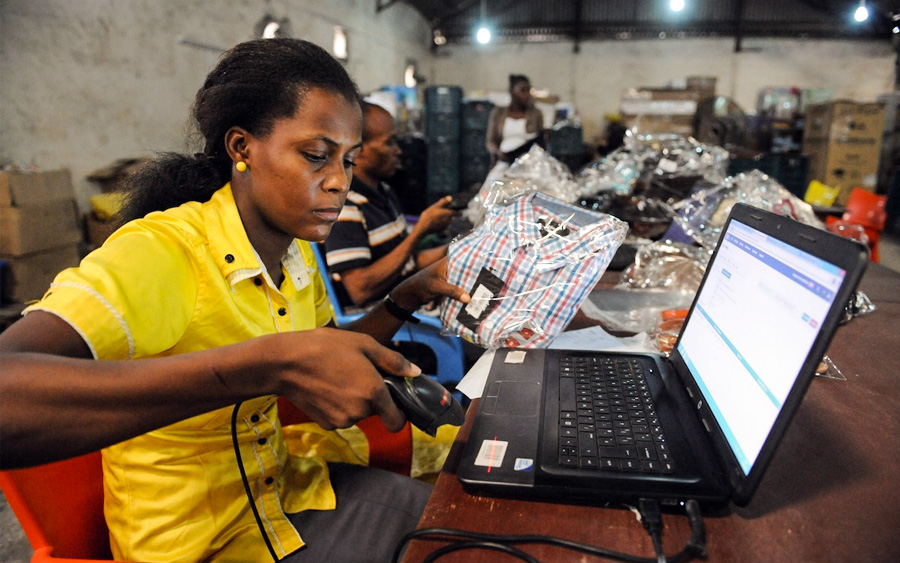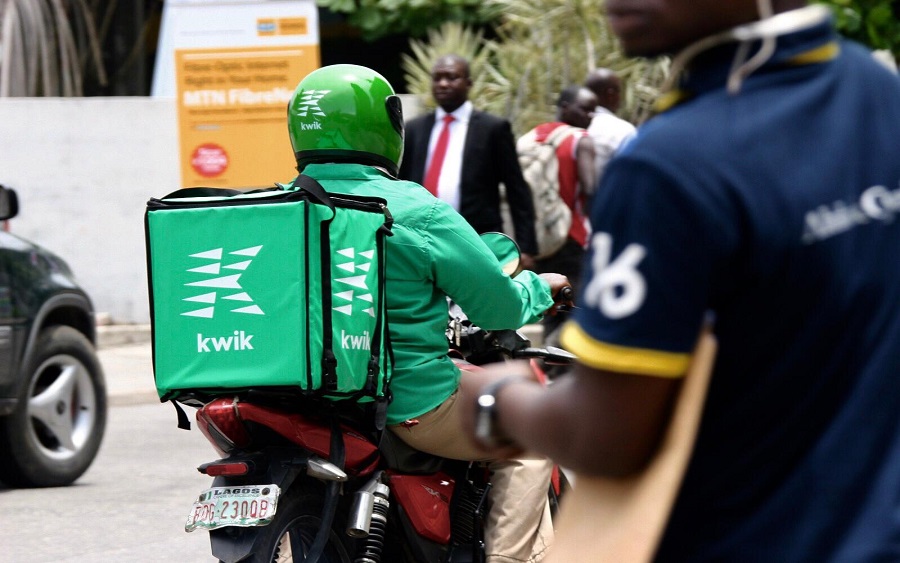Africa has long been a target for investors looking to expand into the world’s fastest-growing market, as it is home to 19 of the top 20 fastest-growing countries. Nonetheless, the most successful African Internet businesses have addressed issues that face the informal sector.
According to e-Conomy Africa 2020, to date, most successful ventures in the African Internet economy address challenges faced by businesses or workers in the informal sector. This enormous pool of prospective customers helps organizations develop and become financially sustainable.
A good example is the widespread use of mobile money in various African countries. However, the informal sector’s importance extends beyond digital financial services to a growing variety of economic sectors, including e-commerce, delivery services, and employment.
Size of the informal sector in Africa
According to the report, the informal sector accounts for a large share of economic activity in most African countries, employing approximately 300 million Africans. The informal sector accounts for 26% of economic production in South Africa, 33% in Kenya, 46% in the Democratic Republic of the Congo, and 57% in Nigeria.
Furthermore, it was revealed that, in the average Sub-Saharan African country, informal employment accounts for close to 80% of total employment, with South Africa accounting for 35%. In Egypt, the informal sector employs 54% of non-agricultural workers. Approximately 80% of all domestic consumer items are produced in Africa by informal sellers. In Nigeria, informal enterprises account for 92% of firms, whereas in Ethiopia, they account for 99%.
Challenges faced by the informal sectors
According to the report, businesses in Africa’s informal sector have less access to finance and limited use of modern business practices, especially in accounting. Due to inadequate logistics, a plethora of intermediaries, and the frequency of cash transactions, they also incur greater expenses when interacting with suppliers or clients.
“In the informal sector, access to electricity is less certain, especially in rural areas, and the overall business environment is unstable. However, the vast majority of workers in the informal sector own a mobile phone, often used for both private and business purposes. Mobile phone ownership in the informal sector is broadly correlated with access to digital connectivity at the national level. There are 1.2 million informal retailers in Sub-Saharan Africa already engaged in the distribution of mobile services,” the report said.
How Startups are taking advantage of connectivity
The report said that Startups are delivering significant efficiency gains, especially in economies dominated by the informal sector. Twiga Foods is bolstering the food supply chain in Kenya by providing a trusted marketplace to connect rural farmers with urban retail vendors.
Kobo360 connects cargo owners with a network of 10,800 truckers in Nigeria, and Truckr services more than 250 businesses with approximately 18,000 trucks. Trendlines project that long-term growth will rapidly accelerate as e-Logistics companies scale and pivot to support rapid e-Commerce growth; and that e-Logistics companies will expand geographically as they look to connect rural areas with regional supply chains.
The ride-hailing sector has sprung up all throughout Africa, with a concentration of companies in Lagos. MAX.ng, Gokada, and ORide, for example, were estimated to employ over 14,000 people in early 2020, providing income to low-skilled workers.
In February 2020, however, all commercial motorbikes (known as okadas) and tricycles (known as Keke) were prohibited from the state’s major roadways, citing safety and security as justifications. This move led to the loss of jobs and slowed down the growth of these fast-rising startups.
How digital platforms addressing the informal sector can support societal resilience
According to the report, the Nigerian government was relying on payment service providers to offer cash transfers to 3.6 million underprivileged households in August 2020, during the height of the pandemic.
In addition, because they were able to quickly re-engineer their platforms, certain markets’ digital platforms were crucial in assisting government responses to the outbreak, particularly in reaching the underserved. Twiga Foods, for example, has teamed up with Jumia to supply farm produce to customers.























